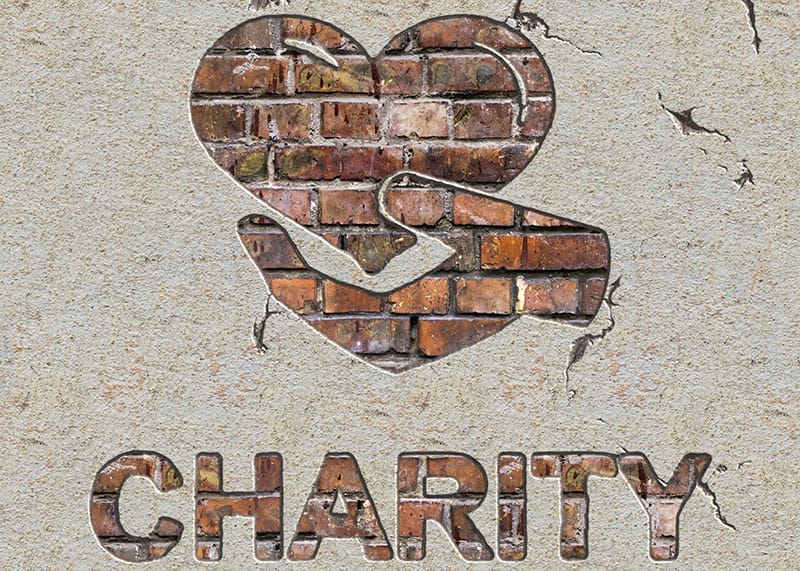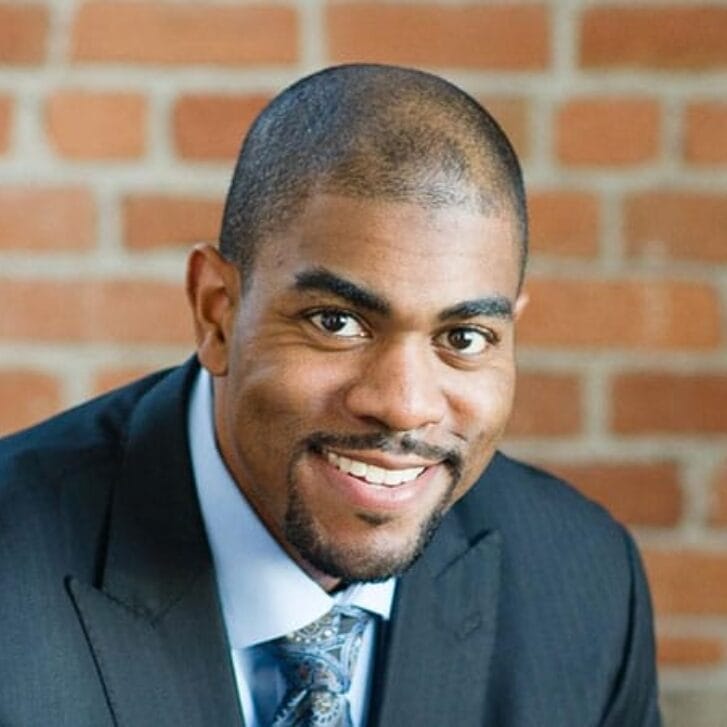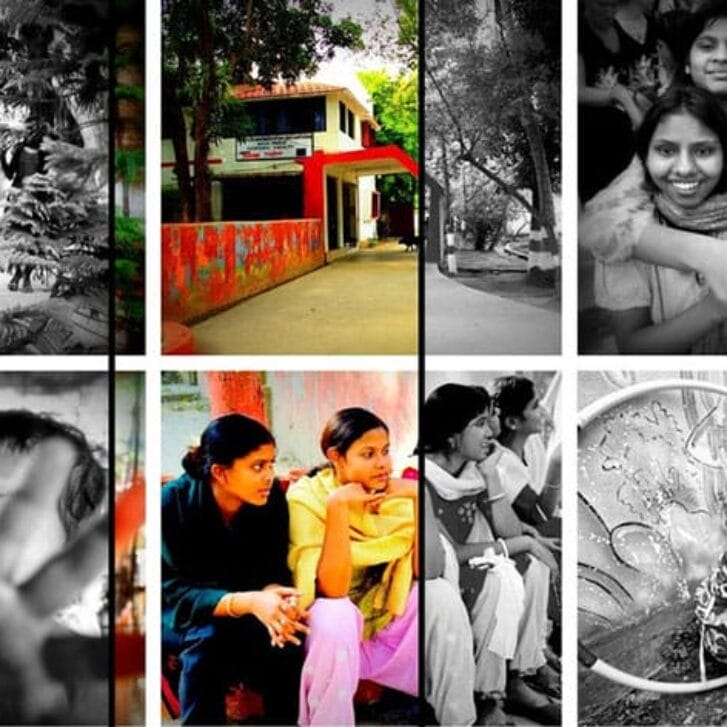Impact investing. Sustainable development. Charitable giving—making a difference at all. You’ve heard all about it, maybe even skimmed a few articles featuring Mark Zuckerberg and other benevolent giants of technology and finance. And yet it feels a little distant, something you would definitely love to do … but you have no idea where to start having an impact on the world around you. While most Wharton MBA grads end up pursuing careers outside of direct social impact, many still want to give back but don’t quite know how.
Enter One for the World, a two-year-old charitable giving effort co-founded by Wharton MBA students Kate Epstein and Josh McCann. The goal is simple: to get as many MBA students as possible, both in and outside of their graduating classes, donate 1 percent of their future income to the most effective charities through the organization—that is, to actively make giving back a part of one’s life. The long-term goal is to create a network of internationally dispersed MBA grads, all actively contributing their income towards a concrete, healthy future for aid recipients around the world.
Thus far, the program has scored some early successes
“It’s very well-known right now across the first-years and second-years; the awareness level is pretty high,” says Epstein. In December alone, more than 50 people in the Wharton Class of 2016 pledged to contribute.
One for the World breathes to the rhythm of effective altruism, a most natural form of charity, of using logic and reason to determine where the smallest group of individuals can make the most difference. It leverages key Wharton values of being data-driven and socially conscious to influence giving and maximize philanthropic returns. The members started out with a number of charities, narrowing the list down based on rigorous criteria.
“Reduce preventable deaths and assist people living in abject poverty, that’s criteria number one,” Epstein explains. “Criteria number two—biggest bang for the buck. And that pretty much narrows it down to the developing world because of how much farther a dollar goes there.”
From there, it’s a matter of analyzing which charities have proven themselves as retaining the most impact and are able to prove their impact from randomly controlled trials to self-published results and rankings. One for the World leverages research by top development economists working at institutions like Innovations for Poverty Action at Yale and the Poverty Action Lab (J-PAL) at MIT. They have a preference for interventions tested by randomized control trials, though consider other evidence as well.
“Beyond that, “we look at incremental funding. If a charity is well-funded and we don’t think that the incremental dollar will be going to use, we will choose to donate to other charities with funding gaps,” Epstein says.
The charities that make the recommendation cut—including the Against Malaria Foundation, Evidence Action and Living Goods—are the best of the best by One for the World’s rigorous metric.
Considering that 1 percent of the average Wharton MBA graduate’s monthly salary could provide over 200 children with de-worming care and treatment, the compounded effect through these particular charities is overwhelming. (Editor’s note: The median base salary for a graduating member of Class of 2015 was $125,000, according to statistics from MBA Career Management.)
There are zero signs of the organization slowing down. One for the World is rapidly accelerating not just in awareness and outreach within the Wharton MBA community—including active engagement from Wharton alumni—but also beginning to take root outside of it. While the club is primarily targeted at MBA students, it has been expanding to encompass Penn Law School and the undergraduate student body as well.
Since its inception, the team has encouraged anyone invested in making an impact—including other students who may not have access to disposable income—to get involved in social impact.
“Even if you’re not making any income now, you will in the next four years,” Epstein observes.
One for the World is by no means limited to the Penn bubble. This past April, the organization opened a chapter at Harvard Business School, and is currently in talks with the MIT Sloan School of Business to establish a branch there.
So what advice does the One for the World team have for those dipping their feet into the world of effective altruism?
“I would encourage everyone to read the book The Life You Can Save by Peter Singer,” says Epstein. “This is the Bible for this kind of thing. And then I would encourage people to do something. Take action. Talk to your friends. Talk to your classmates. Reach out to One for the World. There’s so much you can do.”
Editor’s note: Students and alumni looking to get involved can find more information and donate at: www.1fortheworld.org/.


























